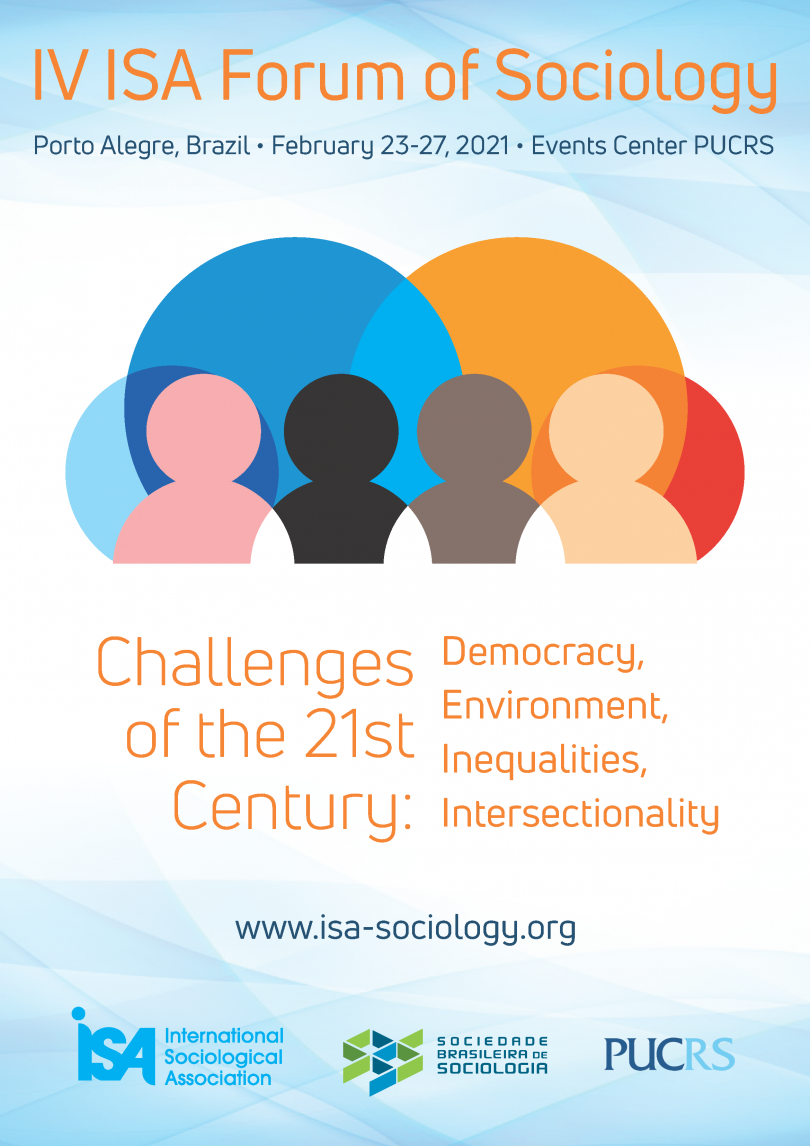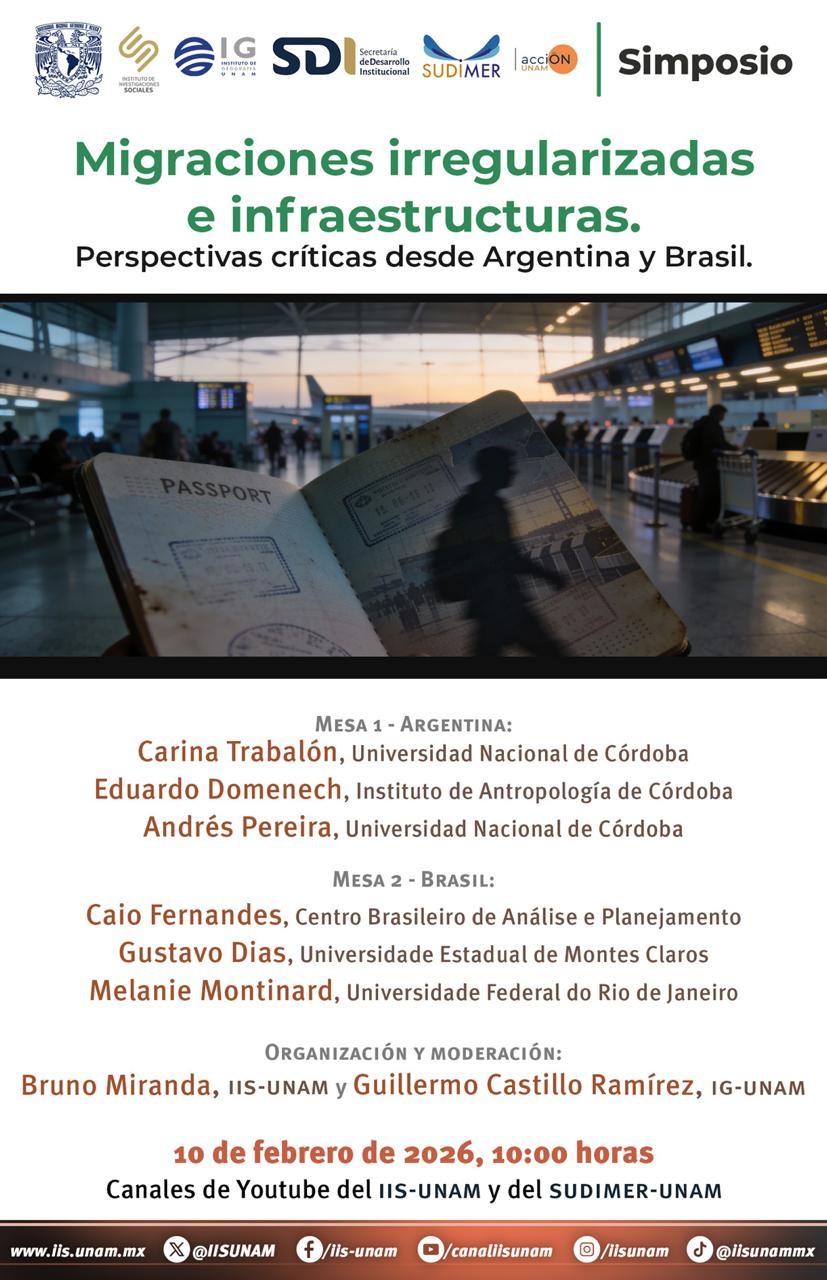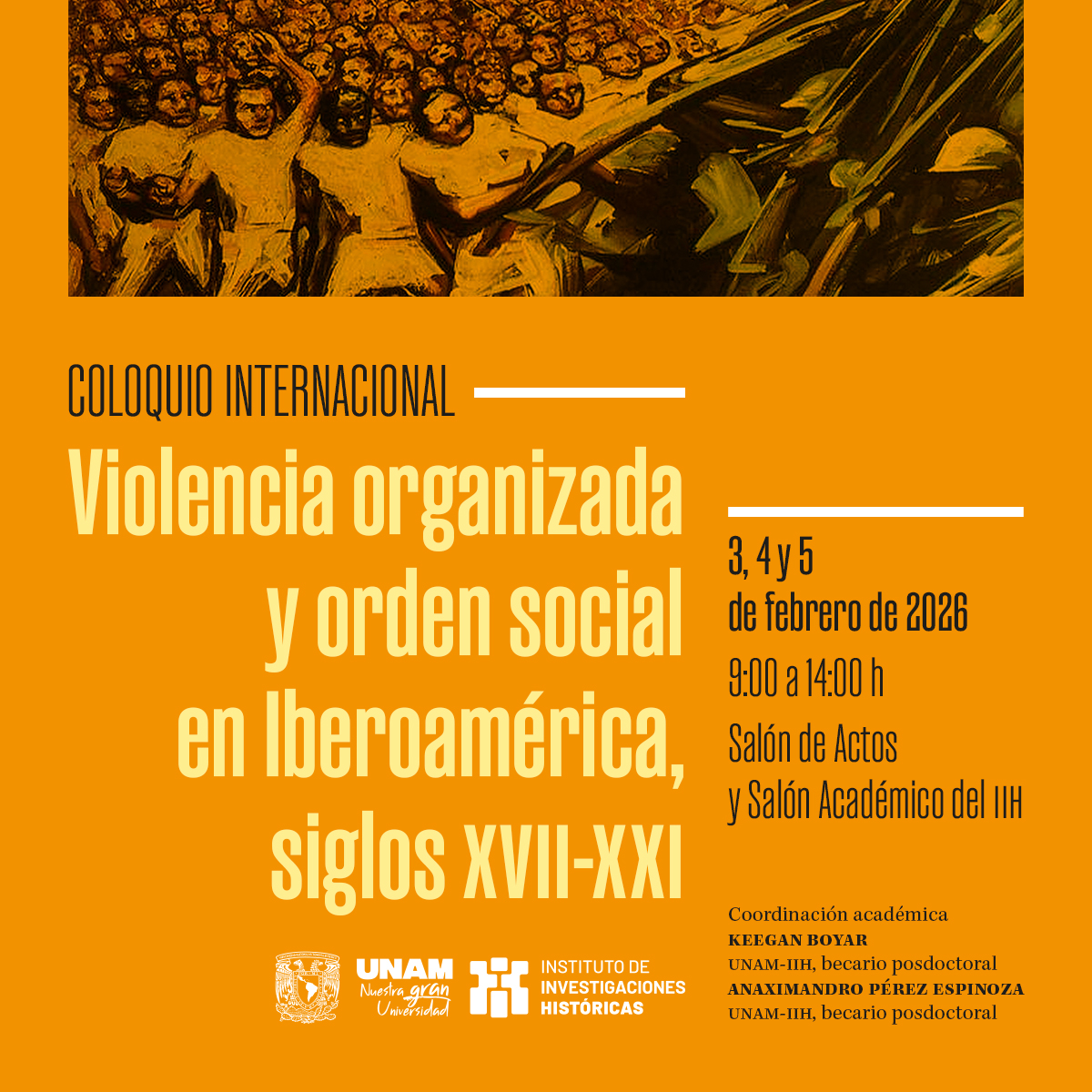IV ISA Forum of Sociology
IV ISA Forum will be held online
The ISA Executive Committee has decided that the IV ISA Forum of Sociology will be held online, starting on February 23, 2021.
All activities that have been prepared will be maintained and the abstracts selected for the Forum initially planned in July 2020 remain valid for the Online Forum to be held in February 2021. The calendar circulated last April remains valid. It allows Research Committees, Working and Thematic Groups to update and re-open some of their panels, and new calls for abstracts may be opened.
Before October 15, 2020
Authors of the selected abstracts will be invited to confirm their participation to the Forum and may update their abstract via online platform, in consultation with their session organizers or program coordinators.
October 16-25, 2020
RC/WG/TG publish their calls for new abstracts.
October 26 – November 12, 2020 24:00 GMT
Submission of new abstracts via online platform.
December 15, 2020
Presenters’ registration deadline.
The 2021 ISA Forum of Sociology will be a unique opportunity to learn from colleagues from all continents and share analyses of the current crisis, its social impacts and the world that may emerge from it.
In the meanwhile, please keep safe and take care of yourself and of the people you love.
Sari Hanafi, ISA President
Geoffrey Pleyers, ISA Vice-President for Research and President of the IV ISA Forum of Sociology
IV ISA Forum of Sociology (February 23-27, 2021)
Challenges of the 21st Century: Democracy, Environment, Inequalities, Intersectionality
Twenty years after the start of our century, the optimism of the Millennium has faded and the challenges we face for living together on a limited planet are even more urgent.
While the expansion and the deepening of democratization was taken for granted at the turn of the Millennium, democracy has been at stake in an increasing number of countries, while its key component such as diversity and equal respect for all citizens are threatened. The hope for a global democracy able to tackle global issues such as climate change, migrations and rising inequalities have faded. It has now become clear that to face global challenges, democracy needs to be re-invented within and beyond the representative system.
The environmental crisis and climate change are now a worrying reality. How can we live together on a limited planet? Land and food have become again major objects of struggles. Environmental and socio-territorial conflicts have multiplied against extractivist industries. Who are the actors who bring innovative solutions to keep our societies thriving within the planetary boundaries? How does the global environmental crisis lead us to re-think our world and our discipline?
Inequalities have considerably increased since the turn of the Millennium. We can now count twenty-six persons who own more wealth than the poorest half of humanity. This level of inequality is a major threat to democracy and to ecology. Inequalities particularly affect marginalized populations and women in their professional, public and private lives.
Intersectionality has become major theme in the ISA conferences and in our discipline over the last 20 years. Overcoming the lasting and interconnected economic, racial, colonial and gender discriminations and the violence that maintain them is another major challenge of our time. The rising consciousness of intersectionality is both a result and a trigger of the rise of subaltern actors and movements since 1992. Indigenous communities, minorities, feminists and small farmers have resisted injustice by combining practices, social struggles and alternative worldviews.
The 2020 ISA Forum will provide sociological analyses of these four global challenges paying particular attention to their interconnections and to possible solutions. We will discuss how both progressive and conservative actors and movements tackle these challenges and their conflictive perspectives. We will use this Forum to ask how our discipline has been meeting these four global challenges and it has been transformed by them. What are the contributions of the actors and epistemologies of the South? What are the new trends in global sociology that allow innovative analyses of these challenges? What are the main obstacles we face to tackle these problems? How can innovative sociological analyses contribute to grasp and to face our common problems in the Global Age?
Geoffrey Pleyers
ISA Vice-President Research
Event Information
Te puede interesar
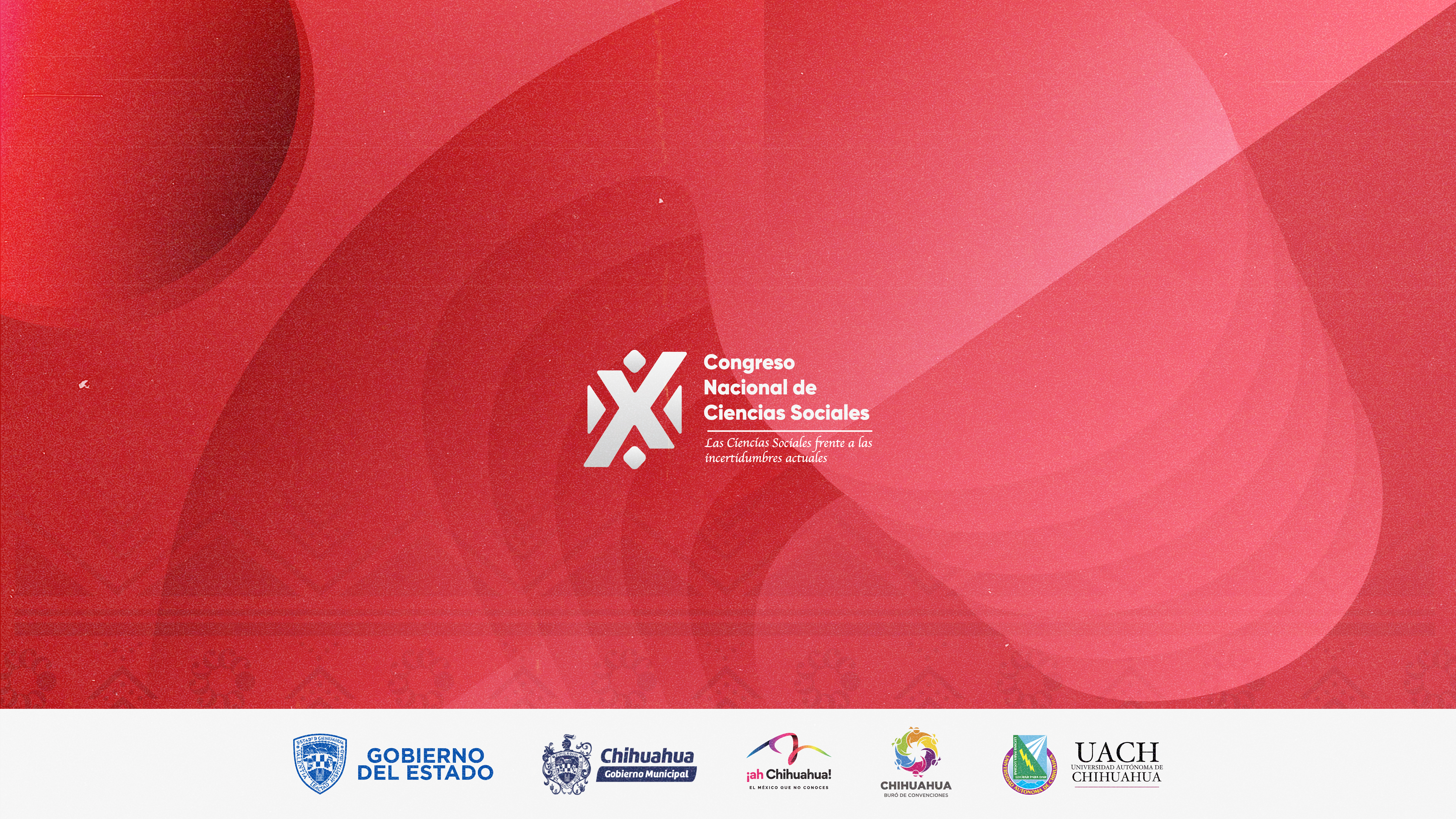
Convocatoria Feria del libro
Laura Gutiérrez - Feb 04, 2026FERIA DEL LIBRO X CONGRESO NACIONAL DE CIENCIAS SOCIALES “Las Ciencias Sociales frente a las incertidumbres actuales” INVITACIÓN Información general…

Hoteles con convenio | X Congreso Nacional de Ciencias Sociales
Laura Gutiérrez - Ene 28, 2026X Congreso Nacional de Ciencias Sociales Las Ciencias Sociales frente a las incertidumbres actuales del 23 al 27 de marzo…

Memorias del IX Congreso Nacional de Ciencias Sociales
Roberto Holguín Carrillo - Jul 02, 2025IX Congreso Nacional de Ciencias Sociales Las ciencias sociales y los retos para la democracia mexicana. Realizado en el Instituto…

El tianguis cultural del Chopo
Laura Gutiérrez - Feb 09, 2026Universidad Nacional Autónoma de México, Instituto de Geografía El tianguis cultural del Chopo: Historia y presente de un espacio cultural…
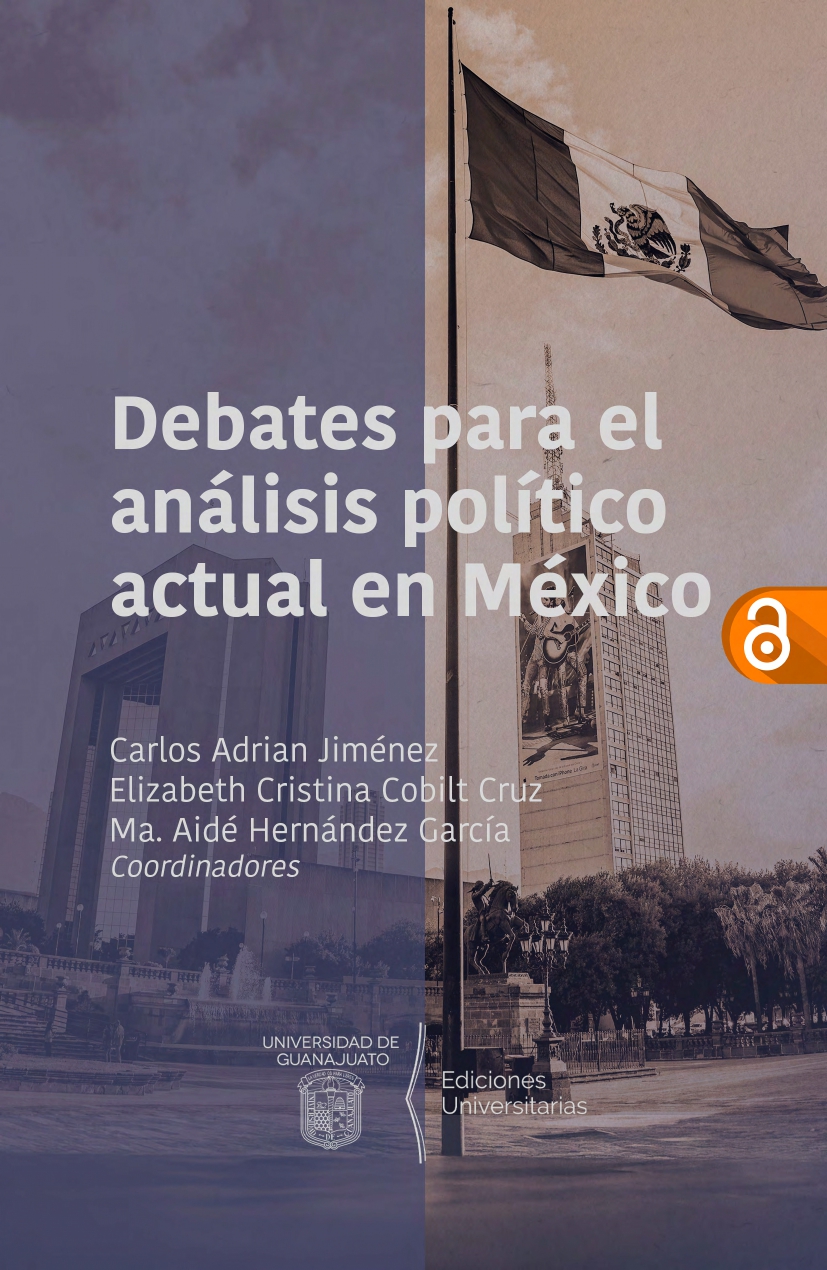
Debates para el análisis político actual en México
Laura Gutiérrez - Feb 09, 2026Universidad de Guanajuato, Ediciones Universitarias Debates para el análisis político actual en México Carlos Adrian Jiménez, Elizabeth Cristina Cobilt Cruz,…

Doctorados en el Centro Universitario Hidalguense
Laura Gutiérrez - Feb 09, 2026Centro Universitario Hidalguense, A.C. Nuestro modelo educativo está diseñado para ofrecer una formación avanzada y especializada, tanto para profesionales como…
